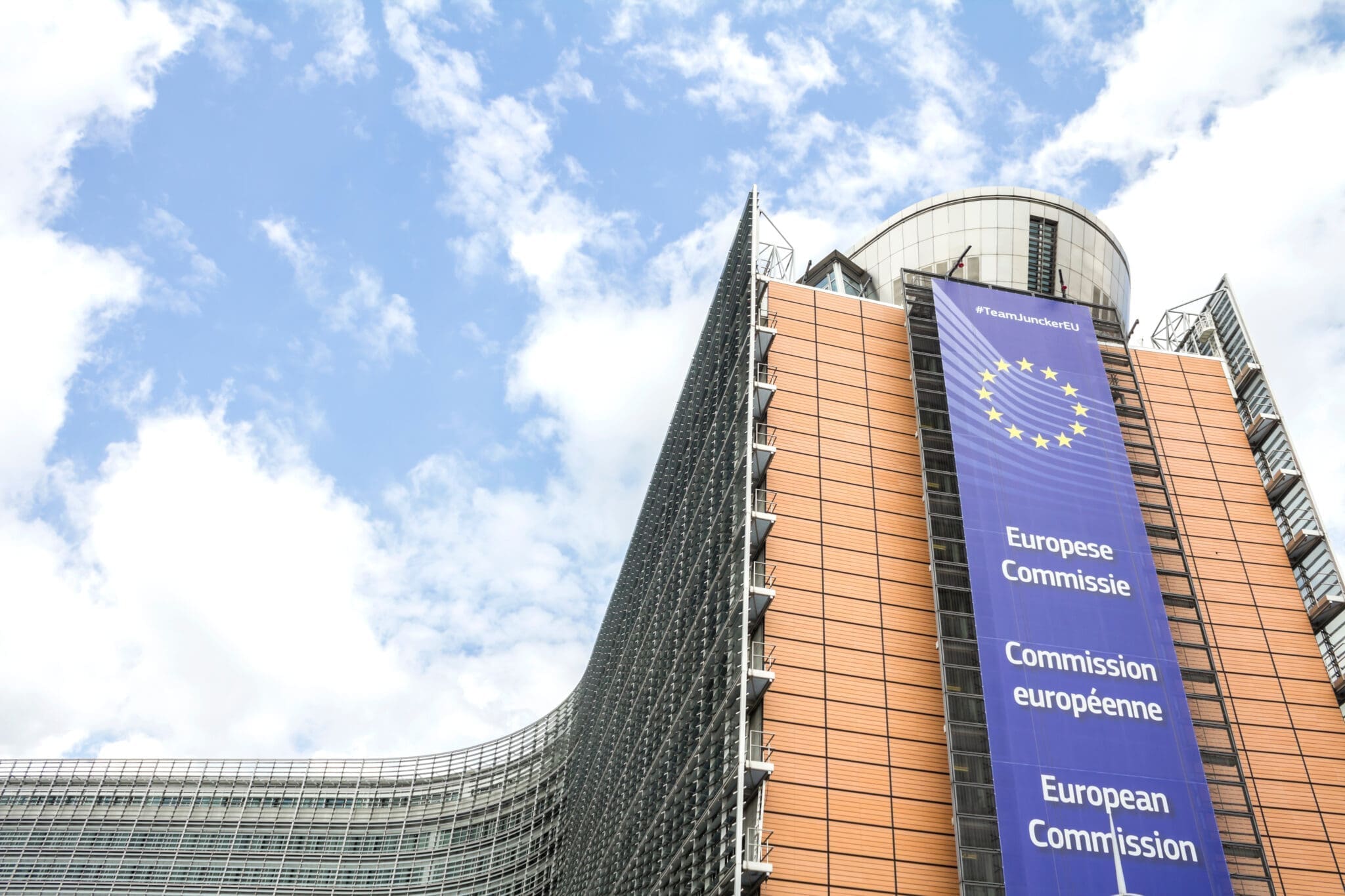After months of political wrangling and uncertainty, the EU’s Omnibus legislative package has stalled once again. On Wednesday, Members of the European Parliament rejected the Legal Affairs Committee’s (JURI) proposed mandate for negotiations with 318 votes against, 309 in favour, and 34 abstentions.
This latest vote marks a major setback for the European Commission’s ambition to “simplify” proposed sustainability regulations under a wider package of measures, first announced by European Commission President Ursula von der Leyen in November 2024. The Omnibus initiative, formally tabled in February 2025, aimed to streamline the EU’s sustainability framework – in particular, the Corporate Sustainability Reporting Directive (CSRD) and the Corporate Sustainability Due Diligence Directive (CSDDD).
For businesses and national regulators, the rejection prolongs a period of regulatory limbo. Nearly a year after its announcement, the legislative uncertainty surrounding the Omnibus package continues to frustrate many within the EU who had hoped for clarity on the evolving reporting and due diligence landscape.
CSRD: Proposed Amendments
The JURI Committee’s draft was positioned as easing administrative burden with a refocus on reporting obligations for Europe’s largest businesses. Proposed changes included:
- Scope Limitation: Reporting limited to companies with over 1,000 employees and €450 million in net annual turnover, limiting requirements to Europe’s largest businesses.
- Voluntary SME Reporting: Companies falling outside of the threshold would be encouraged to report voluntarily under the Voluntary SME (VSME) framework.
- Reduced Value Chain Burden: Information requests would have been limited to information defined within the voluntary reporting framework.
- Simplified Standards: The European Sustainability Reporting Standards (ESRS) would focus on quantitative data, with sector-specific standards becoming voluntary.
CSDDD: Key Aspects
Similar “simplification” measures were also proposed under the CSDDD, including:
- Scope Reduction: The directive would only apply to EU companies with more than 5,000 employees and €1.5 billion global turnover, or Non-EU companies generating more than €1.5 billion in EU revenue.
- Risk-Based Due Diligence: Companies would have only be obligated to request information where there is a potential for adverse impact or risk, aligning due diligence to a risk-based approach.
- Climate Transition Plans: Businesses would still be expected to publish a climate transition plan, aligning strategies with the Paris Agreement and a sustainable economy.
- Sanctions: Maximum fines for non-compliance would be capped at 5% of global turnover.
Outlook
According to supporters of the tabled amendments, the proposed text would have reduced compliance costs, streamlined obligations, and strengthened Europe’s competitiveness – especially amid economic headwinds and geopolitical uncertainty. Several business groups across the Bloc had cautiously welcomed the idea of simplification.
However, Wednesday’s rejection shows the fragility of sustainability policymaking in the EU. The result of Wednesday’s vote is a renewed state of uncertainty. What was initially intended to simplify reporting has instead become another layer of “EUncertainty” – leaving many companies unsure which version of CSRD and CSDDD will apply to them and when.
Following today’s rejection, MEPs will now vote on amendments at the upcoming plenary session in Brussels on 13 November, with the aim of finalising legislation by the end of 2025.


